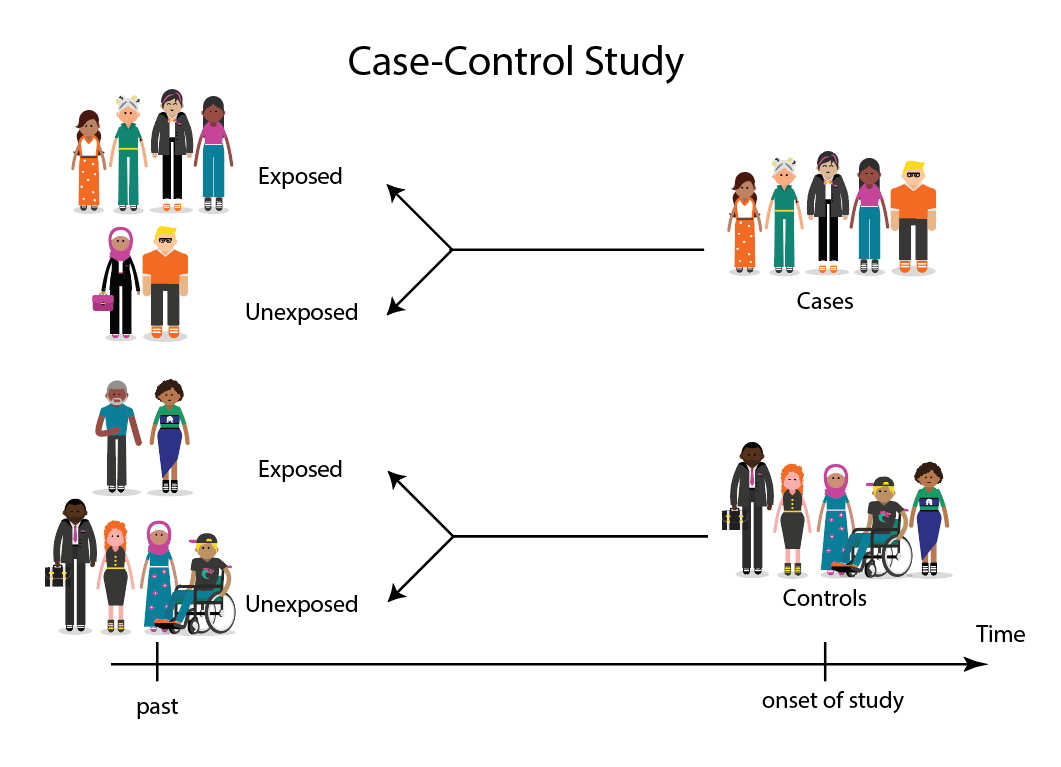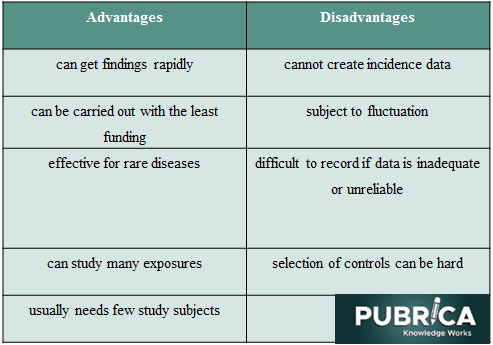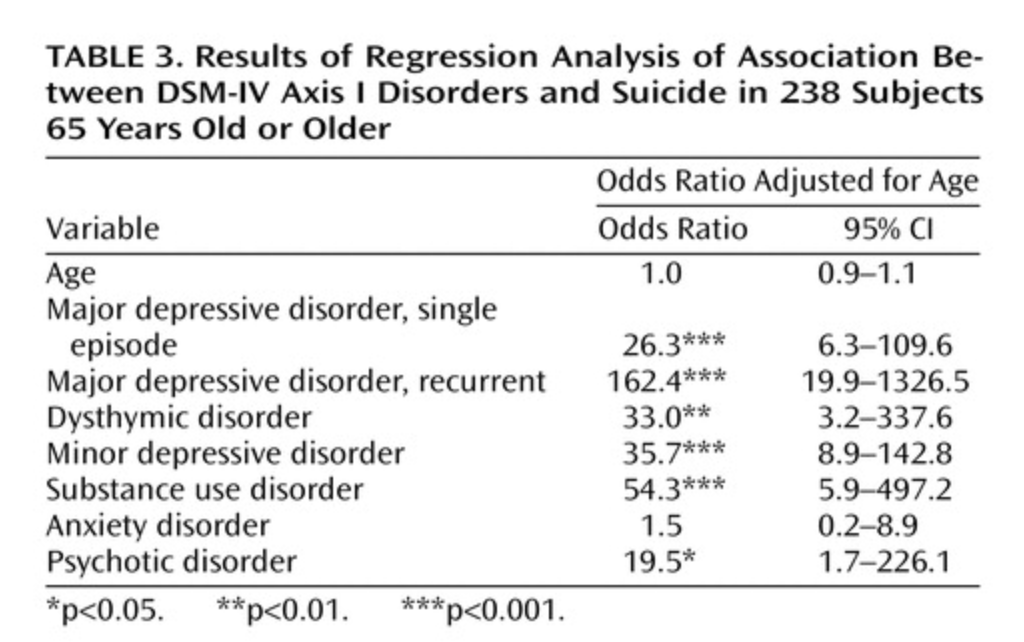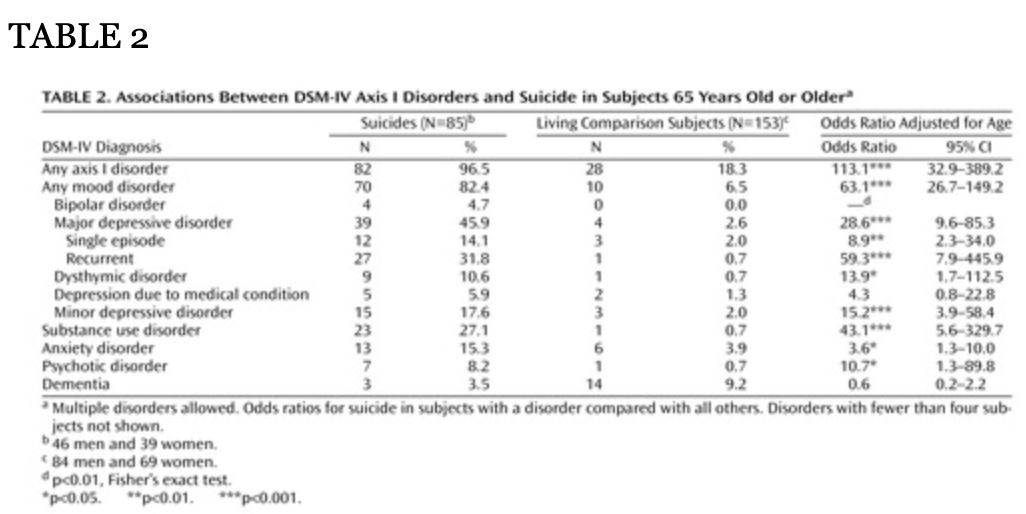What is a Case Control Study?
A case-control study is a type of observational research design that is commonly used in epidemiology to investigate the causes of a particular condition or disease. In a case-control study, researchers identify individuals with a specific outcome or condition (cases) and compare them with individuals who do not have the outcome or condition (controls).


Selected Case Control Study
The following link directs you to a research paper conducted by Margda Wærn, M.D., Ph.D., Bo S. Runeson, M.D., Ph.D., titled "Mental Disorder in Elderly Suicides: A Case-Control Study".
The study has been widely cited and is considered influential in the field of suicide research among older adults. It has been translated into several languages and published in various academic journals. and the findings have informed the development of interventions aimed at preventing suicide in older adults.
Link to the PaperSummary of Paper
The study aimed to investigate the association between different types of mental disorders and suicide in older adults (65 years and older).
A case-control approach was employed. 85 individuals who died by suicide and 153 living control subjects were included in the study. Retrospective diagnoses were made based on interviews and medical records using DSM-IV criteria.
Key Findings:
- High Prevalence of Mental Disorders: 97% of suicide victims met the criteria for at least one DSM-IV Axis I disorder, compared to only 18% in the control group.
- Strongest Risk Factors: Recurrent major depressive disorder and substance use disorder were the most significant risk factors for suicide.
- Other Associated Disorders: An elevated risk was also found for minor depressive disorder, dysthymic disorder, psychotic disorder, single-episode major depressive disorder, and anxiety disorder.
- Comorbidity: Comorbid disorders were common, especially among individuals with major depressive disorder.
Conclusion
The study highlights the crucial role of mental disorders in suicide risk among older adults. It emphasizes the need for differentiated prevention strategies that consider the diverse mental health profiles of this population.

